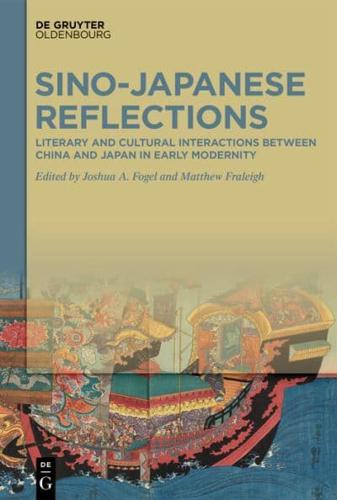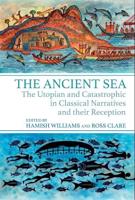Publisher's Synopsis
Sino-Japanese Reflections offers ten richly detailed case studies that examine various forms of cultural and literary interaction between Japanese and Chinese intellectuals from the late Ming to the early twentieth century. The authors consider efforts by early modern scholars on each side of the Yellow Sea to understand the language and culture of the other, to draw upon received texts and forms, and to contribute to shared literary practices. Whereas literary and cultural flow within the Sinosphere is sometimes imagined to be an entirely unidirectional process of textual dissemination from China to the periphery, the contributions to this volume reveal a more complex picture: highlighting how literary and cultural engagement was always an opportunity for creative adaptation and negotiation. Examining materials such as Chinese translations of Japanese vernacular poetry, Japanese engagements with Chinese supernatural stories, adaptations of Japanese historical tales into vernacular Chinese, Sinitic poetry composed in Japan, and Japanese Sinology, the volume brings together recent work by literary scholars and intellectual historians of multiple generations, all of whom have a strong comparative interest in Sino-Japanese studies.









